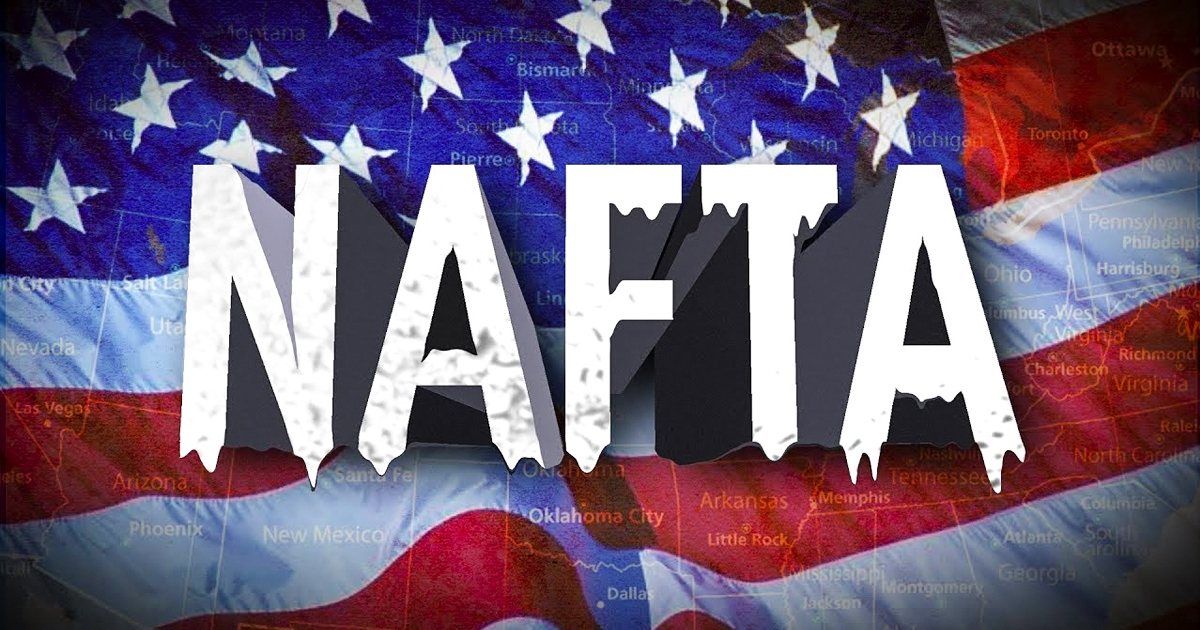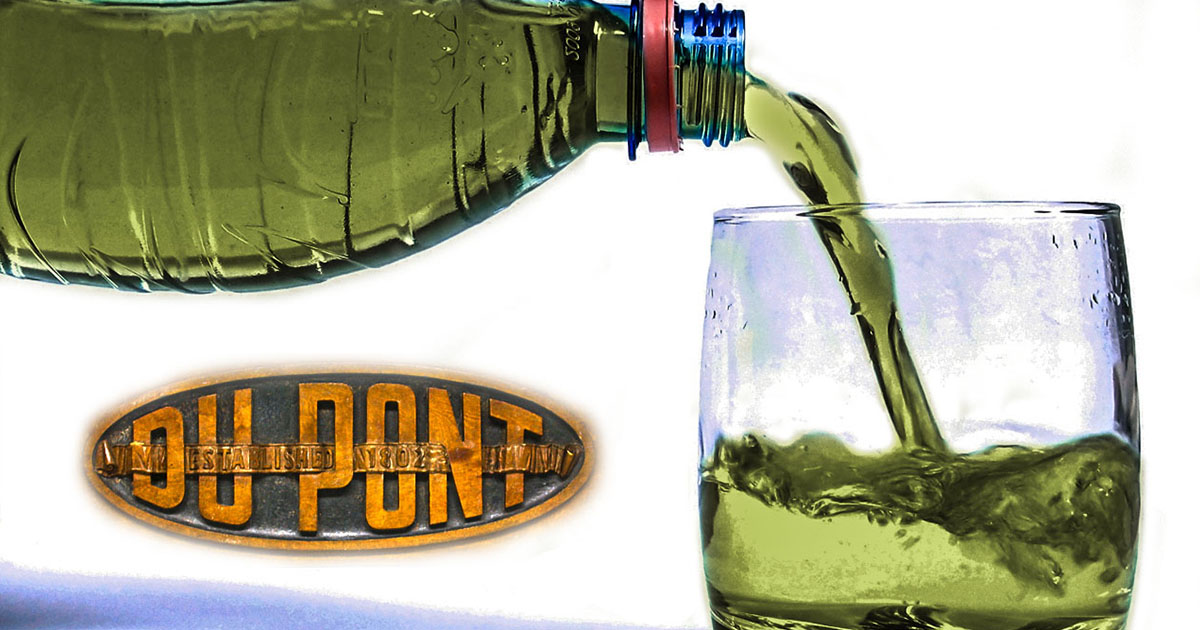In the first verdict against DuPont relating to its cancer-causing Teflon chemical C8, an Ohio jury has awarded Plaintiff Carla M. Bartlett a total of $1.6 Million. In finding against DuPont, the jury sent a clear message that the company should be liable for the contamination it caused in the area of its Parkersburg, West Virginia, plant. Evidence from the trial showed that DuPont discharged C8 into the Ohio River as part of a scheme to lower its production costs, despite the risk to public safety.
Bartlett’s attorneys Mike Papantonio and Gary Douglas argued during the trial that Ms. Bartlett’s kidney tumor was directly caused by the actions and decisions made within DuPont to ignore the public health consequences and to release C8 in ways that contaminated the local drinking water. Ms. Bartlett, a resident of the area, was exposed to C8 in her drinking water and developed a kidney tumor. An independent scientific panel determined that kidney cancer is just one of the serious illnesses that C8 can cause. Ms. Barlett had surgery to remove the tumor eighteen years ago, and fortunately has been cancer free since that time.
DuPont is scheduled to face another trial November 30, 2015. The trial was presided over by Federal District Court Judge Edmund A. Sargus, Jr., whose trial and evidentiary rulings are expected to carry great weight in the next trial. Over 3500 cases are pending from local citizens who say they have suffered one or more of the diseases linked to C8 by the independent panel. DuPont picked Ms. Bartlett’s to be the first one to go to trial, thinking it would give them the best shot at winning a case at trial. Obviously, that strategy did not work out for DuPont, but the verdict bodes well for other residents with pending claims.
The Plaintiff Carla M. Bartlett, 59, of Guysville in Athens County is among 3,500 people who say they became ill because the DuPont dumped C8, the chemical used to make Teflon, into the Ohio River and their drinking water from its Washington Works plant near Parkersburg, West Virginia. The trial began on September 14.
Both sides made their closing arguments yesterday and jurors deliberated briefly. Plaintiff’s lawyer Mike Papantonio and co-counsel Gary Douglas used DuPont internal memos to argue that the company knew since the 1980s that C8 was a cancer risk.
The company, they said, showed “conscious disregard” for Ohio and West Virginia residents by not revealing, and later downplaying, the effects of C8 — perfluorooctanoate — emissions in the drinking water and air. Bartlett’s attorneys displayed the memos on a large screen. One read: “Is there a strategy we can use to minimize the amount of information being disseminated?”
Papantonio said, is behavior reminiscent of how the asbestos, DDT and tobacco industries tried to blunt criticism of their products. “You string out the public as long as you can,” he said. “This company made sure nobody connected the dots.”
Papantonio and Douglas presented documents showing DuPont was concerned enough about Washington Works employees that it moved women of child-bearing age from its C8 production and tested the blood of those working with the chemical. The company did that because the workers would have the greatest exposure to the chemical, which some studies showed could possibly be linked to cancer, DuPont attorney Damon R. Mace told jurors during his closing.
Of eight employees with cancer in 1989, only one had worked at length with C8, he said. “Just because C8 is capable of causing cancer, doesn’t mean it did,” Mace said. “DuPont has no liability here.” Workers and plant officials drank the same water as residents, he said. “Do they (Bartlett’s attorneys) really want you to believe they would continue drinking the water with trace amounts of C8 in it if it would cause them harm?” Mace said.
Mace said Bartlett had renal-cell cancer, a common form of cancer, and that her father had four kinds of cancer. Saying that Bartlett was not entitled to damages, Mace said she had no complications from a 1997 operation to remove a tumor from her kidney, has not had to undergo chemotherapy, and had the lowest level of tumor. “She’s been cancer-free for 20 years,” he said.
Douglas, in his closing, said the only way to hold DuPont accountable was to award a sum of money. Neither he nor Papantonio mentioned a specific amount. They argued that the company didn’t tell the public of the hazards of C8 until 2012, when it was forced by regulators to fund a comprehensive study that found probable links between C8 exposure and certain kinds of cancer.




